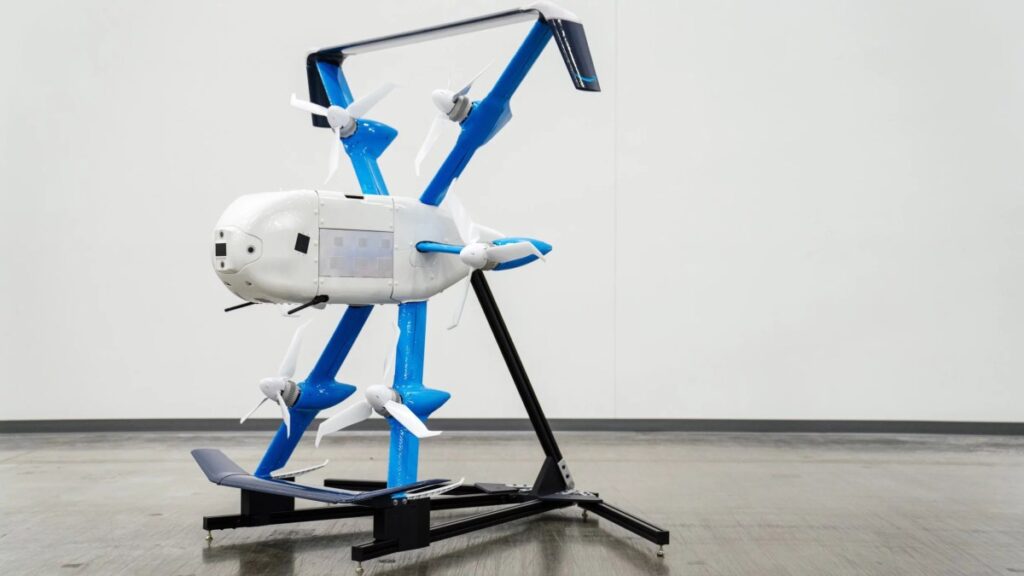Amazon Pauses Drone Testing After Recent Crashes: What’s Next for Prime Air?
Amazon’s ambitious plan to revolutionize package delivery is hitting a snag. The e-commerce giant has hit the brakes on its Prime Air drone program after experiencing two notable crashes at a testing facility in Pendleton, Oregon, as reported by Bloomberg. This is yet another hurdle for a program that aims to deliver an astounding 500 million packages annually by 2030.
What Went Wrong?
In December, two of Amazon’s delivery drones collided during a test flight amid rainy weather. This incident isn’t isolated; earlier in September, mishaps during a routine trial led to another collision. Drone operators were simulating a propeller failure scenario when they unintentionally launched two drones concurrently. This error resulted in a collision that no one saw coming.
The crashes prompted Amazon to suspend drone operations in Texas and Arizona, where it has been running commercial drone tests. The company has indicated that a software update is needed to ensure the safety and reliability of its drone fleet moving forward.
A Pattern of Challenges
This isn’t the first time Amazon’s drone delivery initiative has faced obstacles. The Prime Air program has seen key executive departures and even a halt to operations in California just last April. However, Amazon remains committed to pushing the envelope, with plans to expand its drone testing internationally despite these setbacks.
Why This Matters
As we look towards a future where drones may become a standard delivery method, it raises questions about safety regulations, technological reliability, and consumer trust. The need for robust safety protocols is paramount, not just for Amazon’s reputation, but also for the broader acceptance of drone deliveries. After all, would you want a drone buzzing over your neighborhood if you couldn’t trust it?
Local Impact
For residents in areas like Pendleton, the bustling drone industry could mean job creation and innovation. However, as local communities watch these developments unfold, their safety and privacy concerns must also be addressed. Engaging with local stakeholders will be crucial for Amazon if it hopes to maintain goodwill while pioneering this technology.
Final Thoughts
While it’s disappointing to see setbacks from a program that holds such promise for fast and efficient deliveries, it’s also crucial to prioritize safety. As technology evolves, so too should our approach to using it.
The AI Buzz Hub team is excited to see where these breakthroughs take us. Want to stay in the loop on all things AI? Subscribe to our newsletter or share this article with your fellow enthusiasts.




